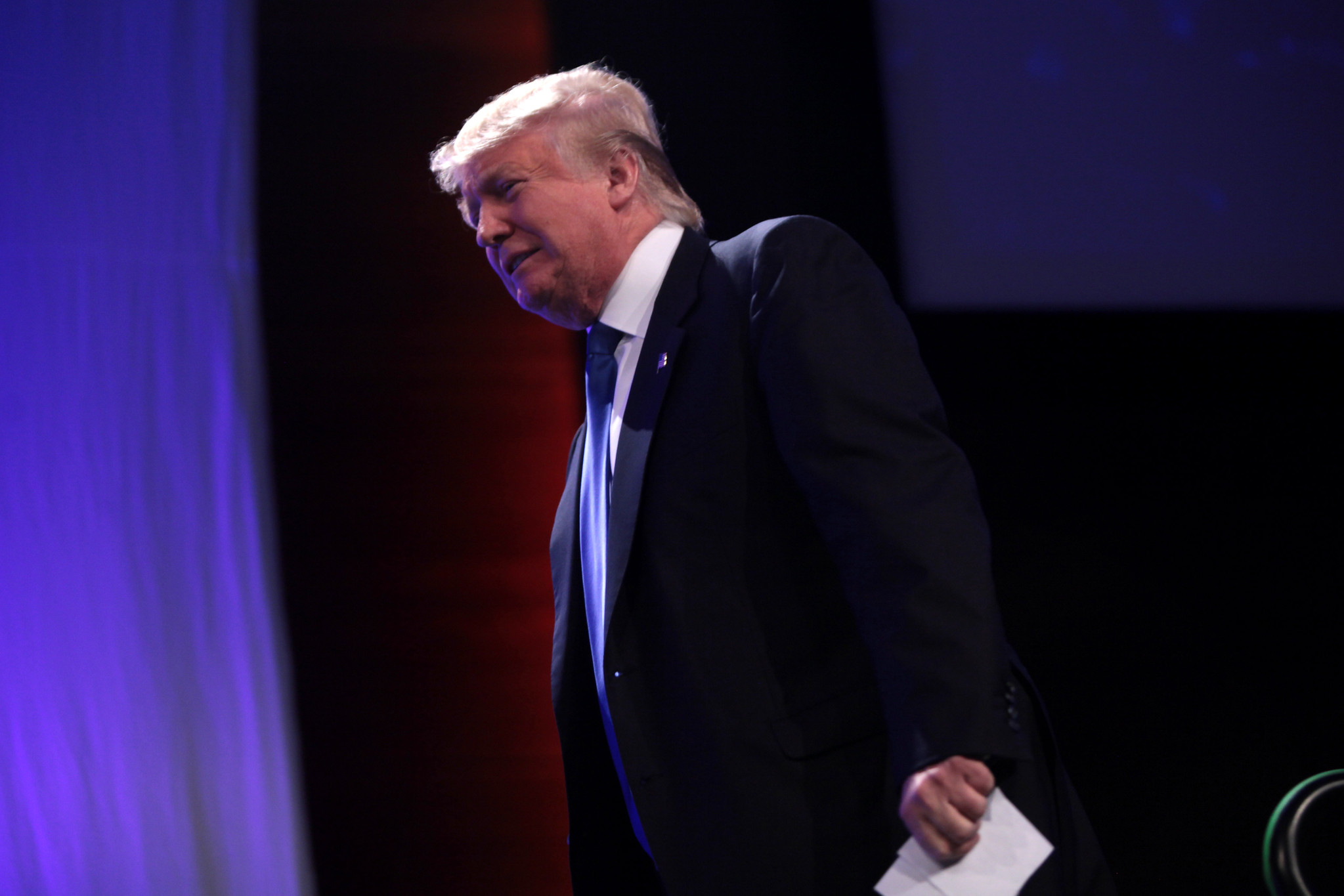In the increasingly contested politics of immigration, an intention to “keep criminals out” seems like a rare point of consensus. It’s been a cornerstone of migration regulation around the world for almost as long as such regulation has existed.
Examples abound. When Prime Minister Justin Trudeau’s Liberal government sought to dismantle many of the previous Conservative government’s changes to Canadian immigration law, it left in place the Faster Removal of Foreign Criminals Act. Even people whose lives are endangered and would otherwise be refugees are excluded from the refugee category for serious criminal acts.
So how does Canadian law respond to a potential American president who’s a convicted felon?
Complex case
At first blush, Canadian immigration law provides an easy answer: anyone convicted of a criminal offence is inadmissible. But there are several reasons why this simple rule may not prevail for Donald Trump.
In the case of convictions outside of Canada, the first step to consider is whether the offence in question is also an offence in Canada. Trump has now been convicted of 34 counts, though he’s pushing for the convictions to be overturned in the wake of the United States Supreme Court’s ruling that granted him immunity from prosecution for acts he committed while president.
It’s almost certain that the elements of at least one of those 34 offences matches charges under Canada’s Criminal Code (including fraud or falsifying books or documents) or Canada’s Elections Act, which has dozens of offences in the finance category.
Some of the charges against him would qualify as serious criminality and others as ordinary criminality under Canadian immigration laws.
The distinction between these categories is not germane to the question of whether someone could pop up to Ottawa for a state dinner. The large number of Trump convictions — and a variety of options in Canadian statutes — means that legal arguments about the intricacies surrounding Trump’s situation could be long and complex. But it’s unlikely lengthy legal debates will be required.
In terms of a state visit scenario, Canadian immigration law allows for exceptions to criminal inadmissibility on humanitarian and compassionate grounds or for public policy reasons.
The provision that would allow for a state visit despite a criminal record is set out in a routine mechanism theoretically available to anyone: exceptions. Humanitarian and compassionate exceptions might be a stretch for Trump, and they’re notoriously vague anyway. Public policy, however, is a more straightforward possibility. The minister responsible can easily grant this exemption. A foreign leader would not even need to know when such an exemption is applied in their own case.
Security inadmissibility
The more interesting hypothetical, however, is not about Trump’s convictions. Charges that are still outstanding are more important in considering admissibility to Canada.
Some of the allegations against Trump, which are yet to be tested in a court of law, relate to a less common category of inadmissibility — security grounds. Security inadmissibility is related to, but distinct from, serious and ordinary criminality. It includes “engaging in or instigating the subversion by force of any government,” and “engaging in an act of subversion against a democratic government, institution, or process as they are understood in Canada.”
These provisions sound quite a lot like what Trump has been accused of in relation to the events of Jan. 6, 2021.
The fate of those charges has been thrown into doubt with the Supreme Court decision, but that has no bearing on how Canada responds. That’s because the key to inadmissibility grounds is “engaging in” the act in question.
There is no need for proof beyond a reasonable doubt, no need for a trial in any form or even for formal charges. The many provisions of criminal law aimed at protecting the rights of an accused are scarcely present in matters of immigration inadmissibility. The “keeping criminals out” principle is a broadly enabling one.
Other security inadmissibility provisions include terrorism and endangering lives — but both of these come below subverting democratic processes on the list of security inadmissiblity categories.
Making exceptions
There’s no shortage of intricacy in these rules. Even with serious or ordinary criminality, an actual conviction outside of Canada is not required — evidence of the criminal act will suffice.
And while the Canadian equivalent of a pardon will matter, a foreign pardon is simply a consideration. The Canadian rules also provide for a form of rehabilitation, which means that after a certain amount of time, some criminality barriers will lapse.
Another reason why the Jan. 6 events are the more interesting hypothetical, however, is because security inadmissibility is forever. Rehabilitation by passage of time is not available. In fact, security inadmissibility is treated so seriously that it cannot be overridden on the basis of humanitarian and compassionate considerations. A public policy exemption would still be possible, but it would likely attract intense political scrutiny to grant it, especially in the case of an American president.
All of this means that while there is an argument to be made that Trump might no longer be admissible to Canada, he can travel to Canada if the Canadian government chooses to admit him.
The Trump example is a clear illustration that the “keep criminals out” principle will yield to the “do what the government of the day wants” principle more often than not when it comes to immigration.![]()
Catherine Dauvergne, Professor of Law, University of British Columbia
This article is republished from The Conversation under a Creative Commons license. Read the original article.






















